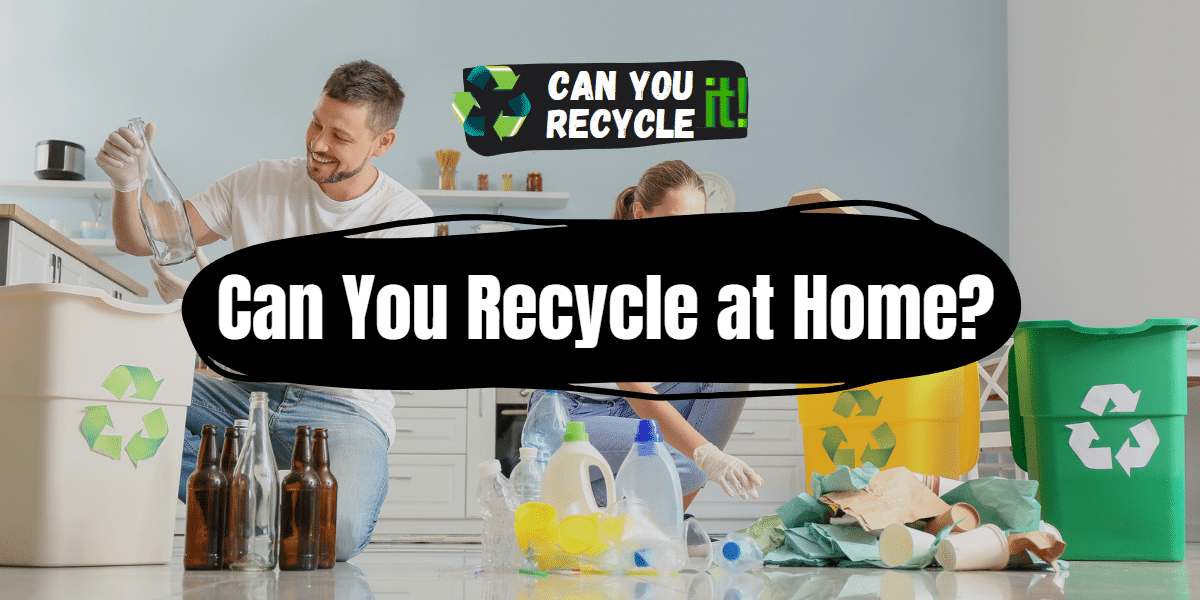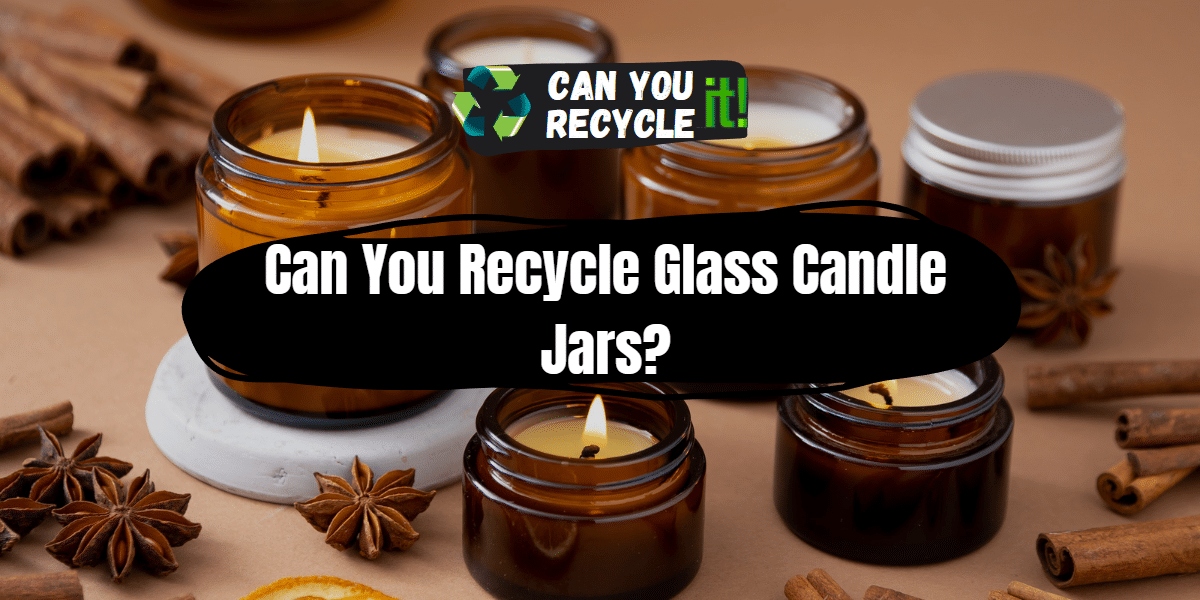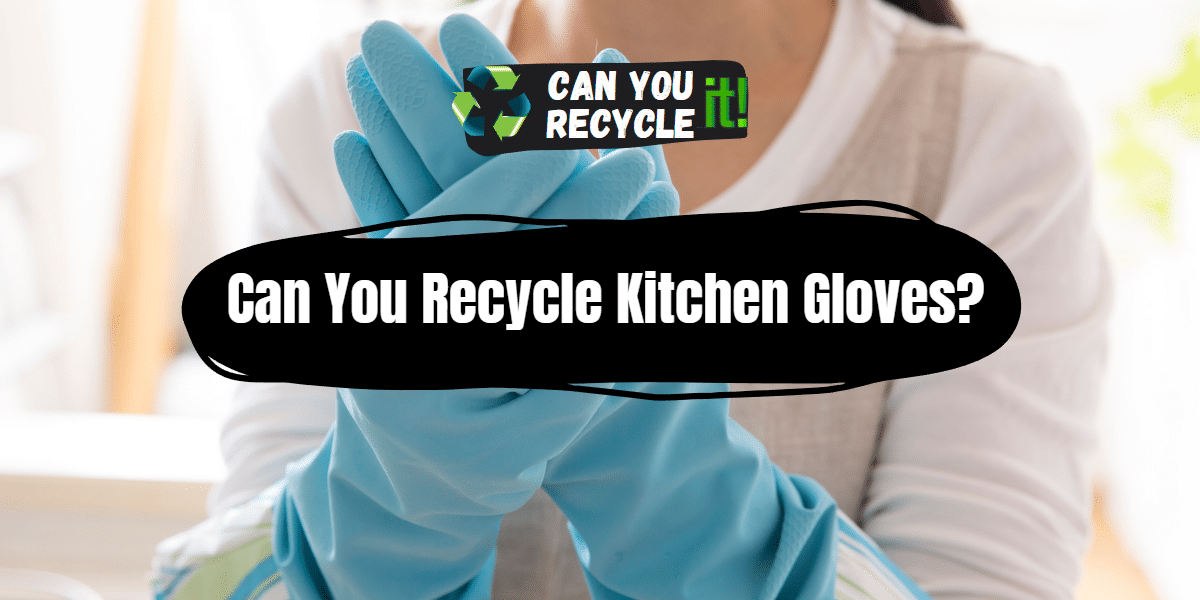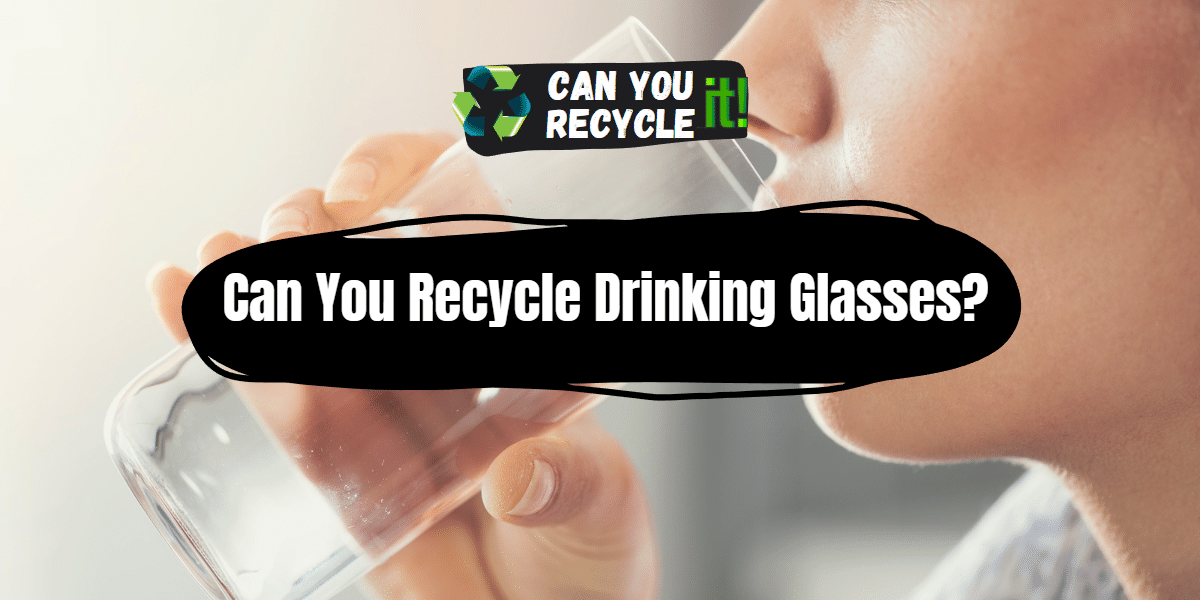Yes, Recycling at home is possible and has an impactful way of contributing to a greener planet. By recycling, you can help conserve natural resources, reduce waste sent to landfills, and minimize environmental pollution.
Recycling at home typically involves sorting and separating recyclable materials from your regular trash. Common items that can be recycled at home include paper, cardboard, glass bottles and jars, aluminum cans, plastic bottles, and certain types of plastic containers. However, it’s important to note that recycling guidelines may vary depending on your location and local recycling programs.
Table of Contents
Do’s and Don’ts
To make the most of recycling at home, it’s essential to keep a few dos and don’ts in mind:
Dos
- Educate yourself: Familiarize yourself with the recycling guidelines specific to your area. Different regions may have different recycling protocols, so understanding what can be recycled is essential.
- Sort and separate: Separate recyclable materials from non-recyclables. Create designated bins or containers to quickly sort paper, plastic, glass, and metal.
- Clean and dry: Rinse containers and bottles before recycling to remove any residue or food waste. Make sure items are dry to prevent contamination.
- Flatten cardboard boxes: Flatten and stack cardboard boxes to save space in recycling bins. This makes it easier for collectors and optimizes the recycling process.
- Promote recycling habits: Encourage others in your household to recycle by providing clear instructions and making recycling bins easily accessible. Lead by example to inspire a culture of sustainability.
Don’ts
- Bag recyclables: Avoid placing recyclables in plastic bags. Bagged items can cause issues at recycling facilities and potentially end up in landfill. Instead, place recyclables directly into the appropriate bins.
- Contaminate recycling: Be cautious not to contaminate your recyclables. Keep non-recyclable items out of recycling bins to ensure the effectiveness of the recycling process.
- Recycle hazardous materials: Do not recycle hazardous materials such as batteries, chemicals, or electronic waste with regular recyclables. These items require special handling and should be disposed of according to specific guidelines in your area.
5-Step Guide to Recycle at Home
Recycling at home is a straightforward process that you can easily incorporate into your daily routine. Here is a simple 5-step guide to get you started:
Step 1
Know Your Local Recycling Guidelines: Familiarize yourself with the recycling guidelines specific to your area. Check with your local recycling facility or municipality to understand what can and cannot be recycled. This knowledge will help you sort your recyclables correctly.
Step 2
Set Up Recycling Bins: Create a recycling station in your home by setting up designated bins for different types of recyclables. Label each bin clearly for paper, plastic, glass, and metal. Place these bins in a convenient location to encourage regular use.
Step 3
Sort and Clean: Sort your recyclables as you go; separate paper, cardboard, plastic bottles, glass containers, and metal cans into their respective bins. Remember to rinse containers to remove any leftover food or liquid.
Step 4
Flatten and Compact: Flatten cardboard boxes and crush plastic bottles and cans to save space in recycling bins. This helps optimize bin capacity and makes it easier for collectors to handle and transport the recyclables.
Step 5
Dispose of Properly: When your recycling bins are full, take them to the designated collection point or put them out for curbside pickup on designated recycling days. Follow the instructions provided by your local recycling service for proper disposal.
What to Do with Recycling at Home That Cannot Be Recycled
While most household items can be recycled, some materials cannot be processed through standard recycling programs. Here are a few options for dealing with such items:
- Reuse or Repurpose Consider reusing or repurposing items that cannot be recycled. Get creative and find alternative uses for them around your home or donate them to others who might find them helpful.
- Proper Disposal: For items that cannot be recycled or reused, follow proper disposal methods as your local waste management authorities advise. Some materials may require special handling or collection.
- Seek Alternative Recycling Programs Research alternative recycling programs in your area that specialize in handling specific materials. For example, electronic waste or hazardous materials may have dedicated recycling facilities.
Environmental Impact of Recycling at Home
Recycling at home plays a significant role in reducing the environmental impact of waste. Here’s how recycling contributes to a more sustainable future:
1. Conservation of Resources: Recycling reduces the need for extracting and processing raw materials. We conserve valuable resources such as water, energy, and minerals by reusing materials from recycled products.
2. Energy Savings: Recycling requires less energy than producing new materials. This leads to a reduction in greenhouse gas emissions and helps combat climate change.
3. Waste Reduction: Recycling helps divert waste from landfills, minimizing the release of harmful pollutants and toxins into the environment. It also reduces the space needed for landfill sites, allowing for more sustainable land use.
4. Conservation of Biodiversity: By recycling, we decrease the demand for extracting resources from natural habitats, helping to preserve biodiversity and protect ecosystems from degradation.
FAQs for Can You Recycle at Home
Can I recycle paper with ink or staples?
Yes, paper with ink or staples can typically be recycled. The recycling process can handle small amounts of ink and staples. However, removing excessive amounts of ink or large metal staples is always best if possible.
Can I recycle plastic bags with my regular recyclables?
It depends on your local recycling guidelines. Some areas accept plastic bags in curbside recycling, while others require them to be taken to designated drop-off locations or participating retailers. Check with your local recycling facility for specific instructions.
Can I recycle broken glass?
Broken glass poses safety risks to recycling workers, so it’s generally recommended to dispose of broken glass securely. Wrap it in a newspaper or place it in a sturdy bag before placing it in your regular trash.
Should I remove labels from cans and bottles before recycling?
Removing labels from cans and bottles is unnecessary before recycling. Most labels are made of materials that can be processed along with the container. However, if you prefer to remove them, make sure to dispose of them properly.
Conclusion and final thoughts 💭
Recycling at home is a critical practice that contributes to the well-being of our planet. By following the dos and don’ts of recycling, adopting a systematic approach, and being mindful of what can and cannot be recycled, we can all positively impact the environment. Remember, small actions add up to significant change, and together, we can create a more sustainable future for generations to come.





Leave a Reply